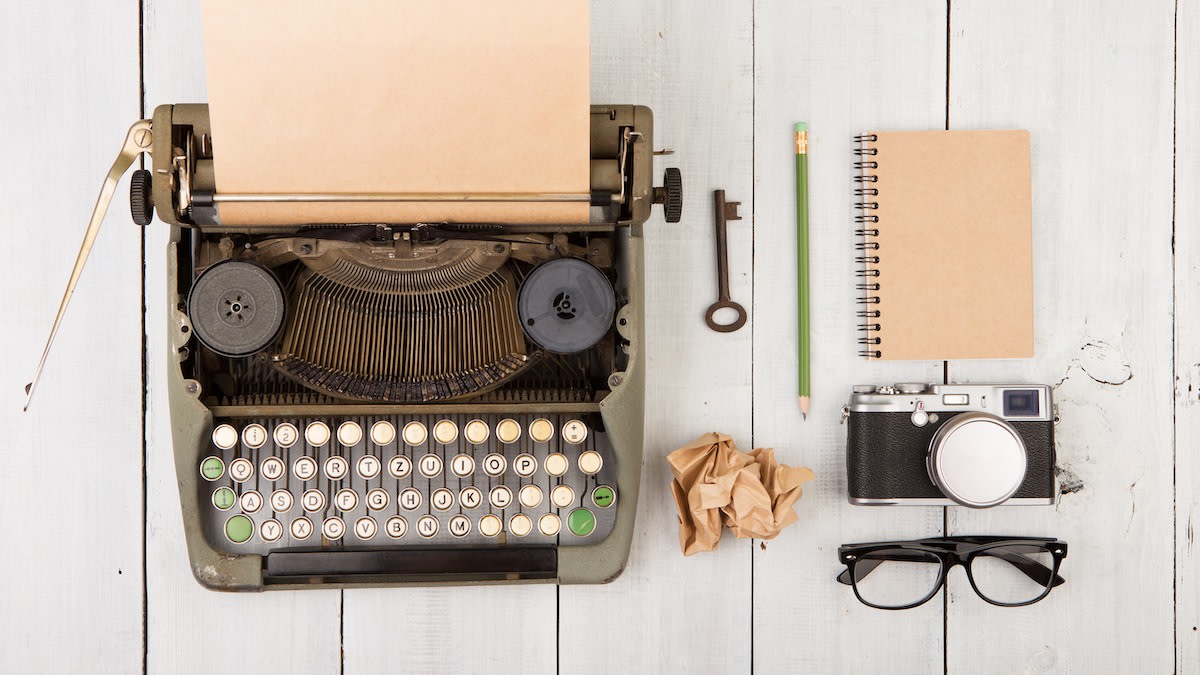How to Write Historical Fiction: 6 Tips for Blending Fact and Fiction
Written by MasterClass
Last updated: Jun 7, 2021 • 3 min read
There are some moments in history that continue to pull people in. When you set out to chronicle the imagined inner lives of real people—or the imaginary people of real times and places—it’s an attempt to see through the veil of time. Historical fiction is a genre of writing that seeks to do this by creating imagined stories or characters within real historical contexts.
Learn From the Best
What Is Historical Fiction?
Historical fiction is a literary genre where the story takes place in the past. Historical novels capture the details of the time period as accurately as possible for authenticity, including social norms, manners, customs, and traditions. Many novels in this genre tell fictional stories that involve actual historical figures or historical events.
6 Tips for Writing Historical Fiction
So how do fiction writers pull off a historical novel? What was the exact recipe that made Anthony Doerr’s Pulitzer Prize-winning World War II novel, All the Light We Cannot See so memorable? Maybe you loved Philippa Gregory’s massively popular The Other Boleyn Girl, inspired by the life of a sixteenth-century aristocrat named Mary Boleyn (sister to the doomed Anne Boleyn).
Historical fiction writers are like writers of any other genre: Their craft its all a matter of hard work, a blend of both detective work and empathy. Here’s how to go about writing your own historical fiction with a healthy balance of historical accuracy and creative writing chops:
- 1. Freewrite to brainstorm ideas. If you’re interested in writing historical fiction but don’t know where to start, spend 15 minutes freewriting in your notebook about a time period or historical event you’re interested in rendering in fiction. Note any assumptions you have about the period, cultural depictions of it in other books and films, and what specifically interests you about this moment in history.
- 2. Find an interesting way into a time period. Consider using a historical time period as a backdrop and placing fictional characters and events within that world. Or, choose historical events and create fictional characters who experienced it and whose lives were affected by it in some meaningful way. This is a moment to consider the point of view that will drive your story.
- 3. Do your research. In addition to getting the historical facts correct, the smaller details are important, too. Write an inventory of the details in your work that you haven’t researched but should check. Likely, these will be small things—for example, the color of refrigerators—whose accuracy will keep a reader interested and make your story more credible. No matter what you end up writing, somebody will likely point out historical inaccuracies. Mix your story with the right amount of truth and the critics have less to crow about (then go have fun, because you’re writing fiction, not a textbook).
- 4. Build a world. Worldbuilding makes a historical fiction book more authentic and gives readers a reason to keep coming back. Include historical details about daily life in the world in which your story takes place to give readers historical context, and balance those exotic details with familiar, relatable ones to keep the story grounded. However, don’t add information just to add it; make sure every part of your world-building advances the story.
- 5. Don’t get bogged down in dialogue. Different historical eras have different vocabulary and grammatical structures. Include occasional words and phrases to reinforce the historical setting, but don’t include so many that the novel becomes difficult to read.
- 6. Add fictional characters. Even if you’re writing about true events, you can take some creative liberties. Introducing fictional characters to complement those based on actual historical figures can help you move the story along, inject personality, and keep it entertaining.
Want to Learn More About Writing?
Become a better writer with the Masterclass Annual Membership. Gain access to exclusive video lessons taught by literary masters, including Doris Kearns Goodwin, David Baldacci, Joyce Carol Oates, Dan Brown, Margaret Atwood, and more.
